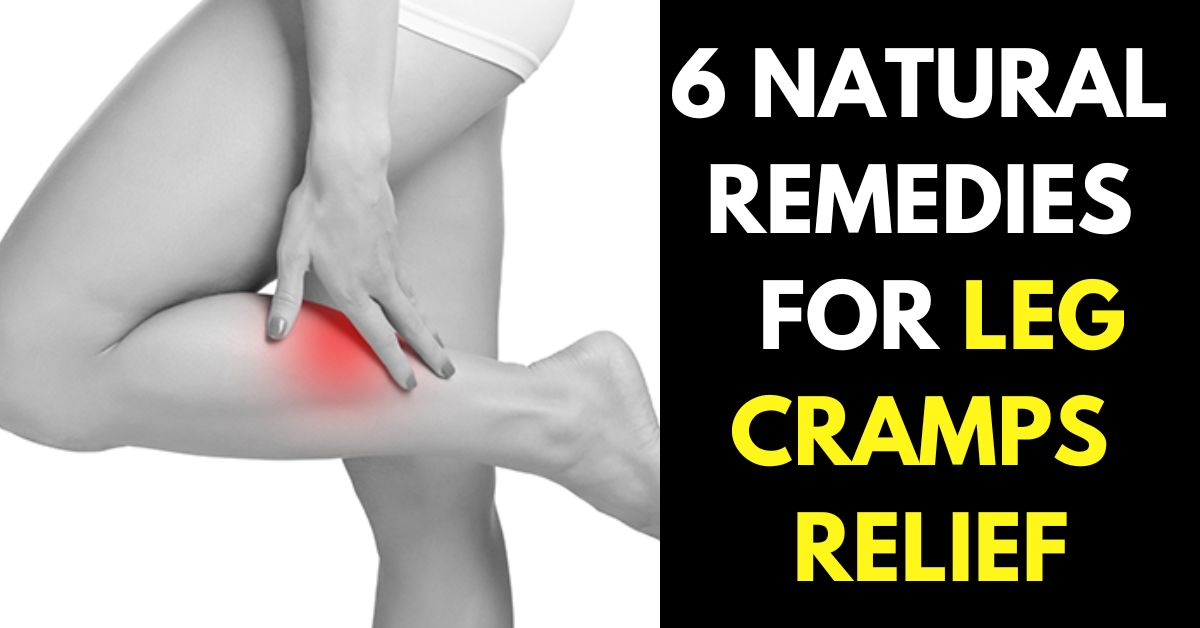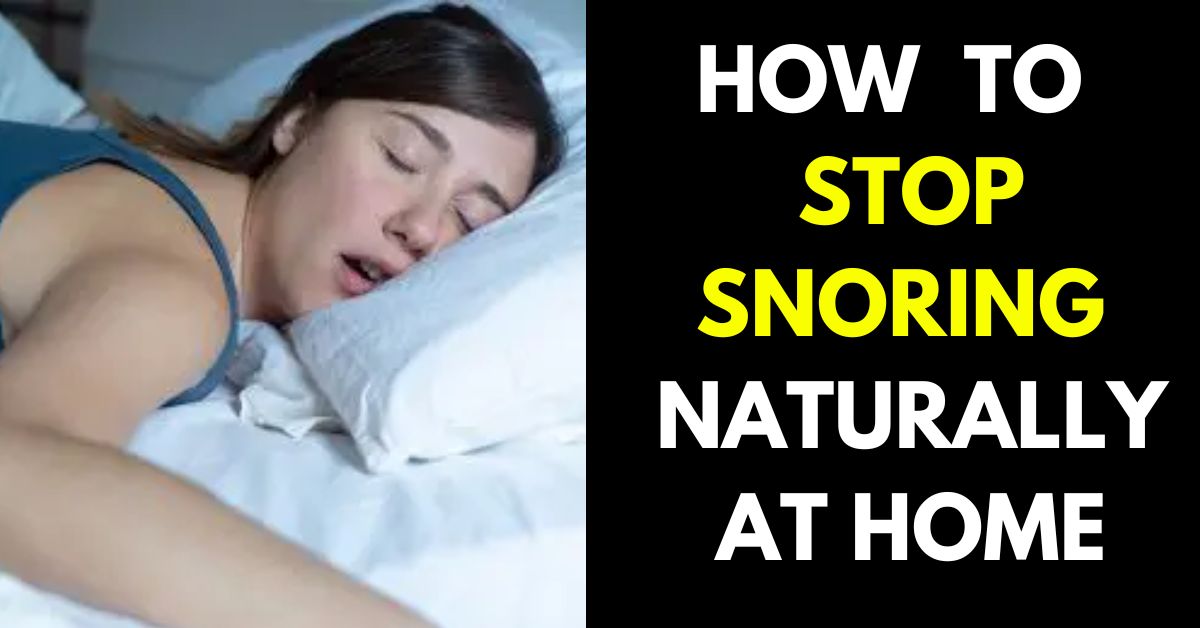Lice infestations are a common problem faced by many individuals, especially school-going children. The thought of a lice infestation can be unsettling, but the good news is that there are several home remedies available that can help you get rid of lice effectively and without any harsh chemicals.
We’ll discuss some of the most effective home remedies for lice that you can try in the comfort of your own home. Whether you’re looking for natural or non-toxic alternatives to commercial lice treatments, these remedies are sure to provide relief and help you get rid of lice in no time.
What Causes Head Lice
Head lice are caused by a tiny parasitic insect that lives on the scalp and feeds on human blood. They are highly contagious and can be easily spread from person to person through direct head-to-head contact, and sharing combs, brushes, hats, and other personal items.
The most common causes of head lice are poor hygiene, close proximity to infected individuals, and having long hair that touches the head of an infected person.
Best Home Remedies for Lice
Wet Combing
Looking for a gentle solution to lice? Try wet combing! This method is especially helpful for little ones aged 2 months and under and can be effective in getting rid of lice without using any harsh chemicals.
To get started, simply wet your hair (using oils or leave-in conditioner can make the process easier) and then comb through using a fine-tooth lice comb to remove larvae, nymphs, and nits. Make sure to wipe the comb clean after each pass to avoid spreading the lice.
Repeat this process every 2-3 days for about 9-14 days, and you’ll be lice-free in no time! Though it may take a bit of time, this natural solution is definitely worth a try.
Coconut Oil
Coconut oil is a great way to combat lice! Not only is it a natural alternative to traditional treatments, but it also suffocates lice effectively. In a study from Brazil, researchers found that after a four-hour application of coconut oil, up to 80% of lice were gone.
Using coconut oil with anise oil has even been found to be more effective. Although, it’s important to note that coconut oil can harden in cooler temperatures, making it a bit more challenging to apply and comb through your hair.
Vinegar
Vinegar helps to dissolve the protective outer layer of lice, making it easier to remove them from the hair. Mix equal parts of vinegar and water in a spray bottle and spray the solution onto the hair.
Cover the head with a shower cap and leave it on for at least an hour, then comb through the hair with a fine-toothed comb to remove the dead lice.
Tea Tree Oil
Tea tree oil has been known to be an effective solution in killing lice, although some people might be sensitive to it. A study showed a 100% mortality rate of lice after 30 minutes of treatment with tea tree oil.
To avoid skin sensitivity, it’s best to dilute the essential oil with a carrier oil such as coconut, olive, or almond oil. And if you’re looking for a preventive measure, a tea tree oil-scented spray or shampoo may help.
However, as tea tree oil has the potential to be an endocrine disruptor, it’s best to exercise caution when using it for children.
Mayonnaise
Mayonnaise can help to smother head lice, making it easier to remove them from the hair. Apply a generous amount of mayonnaise to the scalp and hair, cover with a shower cap, and leave on for at least 8 hours or overnight.
Salt and Olive Oil
Salt and olive oil can help to dry out the lice, making it difficult for them to survive. Mix equal parts of salt and olive oil and massage into the scalp. Cover with a shower cap and leave on for at least 8 hours or overnight.
Petroleum Jelly
Petroleum jelly has been found to be a highly effective treatment against lice. In fact, a study showed that it was able to prevent the hatching of lice eggs in as much as 94%!
But, remember that even a small 6% hatching rate could still lead to a new infestation. So, it’s always best to double-check and make sure to use a fine-tooth comb to remove any leftover lice or eggs.
So, why not give petroleum jelly a try and bid farewell to those pesky lice?
Olive Oil
Olive Oil is a Natural Solution Worth Trying Looking for a natural remedy to fight against lice? Olive oil could be a great option! In one study, it was found to be one of the most effective natural remedies.
The power of oils lies in their ability to suffocate lice, and using them with a shower cap helps to achieve full coverage.
And compared to thicker substances like petroleum jelly or mayonnaise, olive oil is easier to apply and comb through. So, give it a try and see if it works for you.
Lavender Oil
Have you heard of the combination of lavender oil and tea tree oil for treating lice? While there isn’t enough data to support lavender oil as a standalone solution, when combined with tea tree oil, it can be a helpful part of your lice treatment plan.
Aside from treating lice, lavender oil also has the added bonus of acting as an insect repellent, although it may not be the strongest option. When using any essential oils, it’s important to dilute them in a carrier oil to avoid irritation.
It’s important to note that lavender oil may be considered an endocrine disruptor, so be cautious when considering its use, especially in children.
Prevention Tips
To help prevent the spread of lice, there are several actions you can take to reduce the risk of reinfestation:
- Wash and dry all bedding, clothing, and other fabrics used by a person with lice in the last 2 days. The heat from washing machines above 130°F will generally kill the insects, or you can also seal the fabrics in plastic bags for 2 weeks.
- Soak combs, brushes, and other hair care items in hot water for 5–10 minutes to eliminate any lice or eggs.
- Vacuum furniture, floor, and other surfaces that may contain lice or eggs. Lice die quickly when not on a person, so there’s no need for expensive deep cleaning services.
- Avoid sharing hair care items like brushes and combs to reduce the risk of transmission.
- Encourage children to avoid playing with each other’s hair, sharing pillowcases, or rubbing their heads together, especially if there has been a recent lice outbreak at their school.





